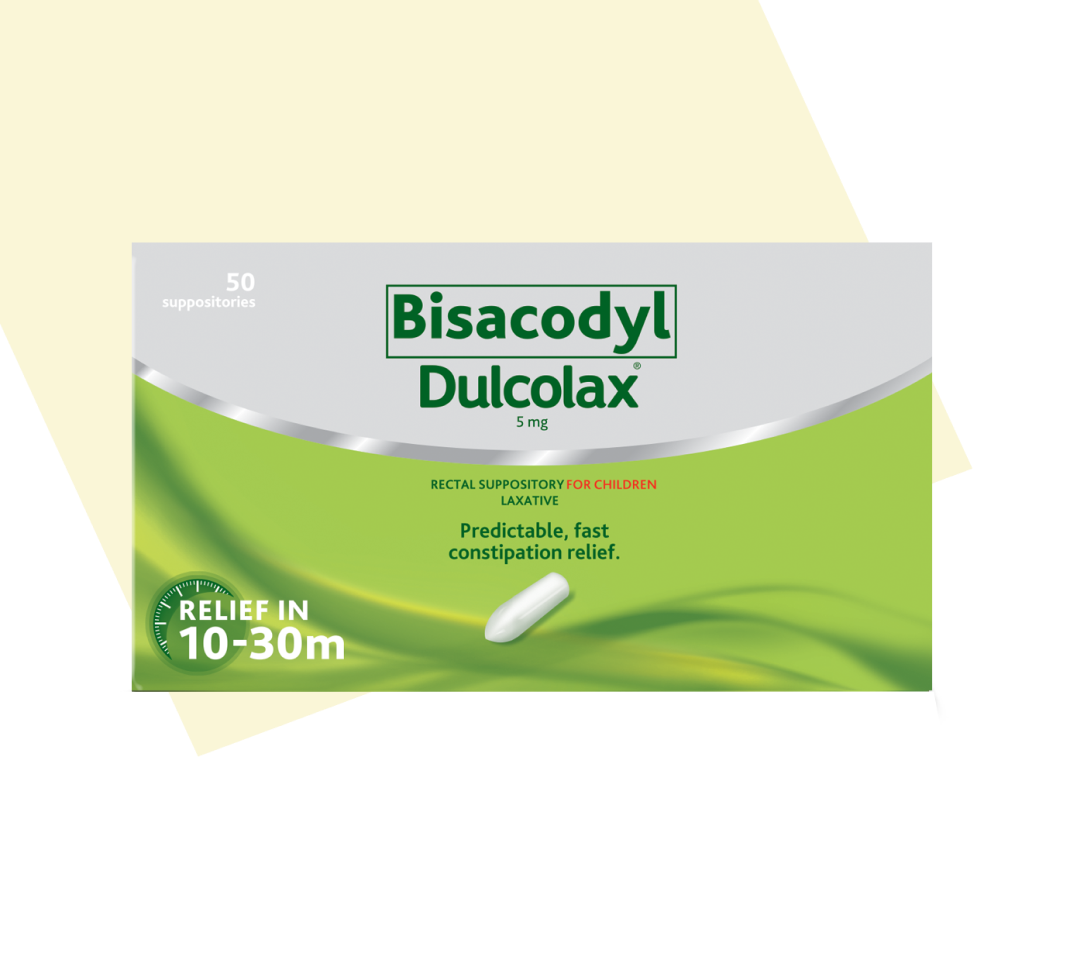Jump to a section:
10 min read
What changes in your body as you get older?
Getting older means experiencing new signals from your body. Constipation increases when people get older, particularly after the age of 652.
The causes of constipation in elderly patients is often multifactorial and may include inactivity, inappropriate diet, depression and confusion, certain medications, and disorders which affect the nervous system of the bowels responsible for stimulating the bowel muscles. And the bowel muscles are the ones which need to move the food through the digestive system1,3,4.
Your body is changing
As people get older, the digestion process slows down a bit because the aging bowel needs some more time to move the food through the digestive system, which could trigger constipation1. especially in cases of chronic constipation or infrequent bowel movements. Additionally, conditions like irritable bowel syndrome can exacerbate these digestive challenges. Constipation in the elderly is a common concern, as the body's natural processes slow with age.
Taking medication
Long-term medication is common among seniors, and some of them can lead to constipation symptoms, as side effects. This can result in or worsen severe constipation, making it essential to manage these symptoms effectively.
New lifestyle habits
When we get older, we are susceptible to move around less or exercising less, and our diet habits might change overtime as well, putting our bodies through another shift. In the long run, these kinds of changes can have a significant impact on our digestive systems2, contributing to issues like chronic constipation or worsening symptoms associated with irritable bowel syndrome.
What is happening to your body as you get older?
Constipation can often be a sign of changes happening in your body, and as you get older, these signs can come from different factors:
.webp)
A few tricks to move things along
There are a number of simple measures you may consider and try at any stage of your life in order to prevent or treat constipation symptoms, including functional constipation.
Dulcolax® range of solutions
Dulcolax® products help your digestive system get moving, with different reliefs available: overnight relief and fast relief so you can feel good inside and out!
Stay informed
Constipation symptoms such as bloatedness, gassiness and hard dry stool can be extremely bothersome and persistent. Because we know how frustrating and stressful these periods can be, we can help identify the causes for constipation and how to prevent it.
- De Giorgio R, Ruggeri E, Stanghellini V, Eusebi LH, Bazzoli F, Chiarioni G. Chronic constipation in the elderly: a primer for the gastroenterologist. BMC Gastroenterol. 2015 Oct 14;15:130.
- Müller-Lissner SA, Kamm MA, Scarpignato C, Wald A. Myths and misconceptions about chronic constipation. Am J Gastroenterol. 2005 Jan;100(1):232-42.
- Schuster BG, Kosar L, Kamrul R. Constipation in older adults: stepwise approach to keep things moving. Can Fam Physician. 2015;61(2):152-158.
- Bharucha AE, Lacy BE. Mechanisms, Evaluation, and Management of Chronic Constipation. Gastroenterology. 2020 Apr;158(5):1232-1249.e3. doi: 10.1053/j.gastro.2019.12.034. https://doi.org/10.1053/j.gastro.2019.12.034
- Camilleri M, Ford AC, Mawe GM, Dinning PG, Rao SS, Chey WD, Simrén M, Lembo A, Young-Fadok TM, Chang L. Chronic constipation. Nat Rev Dis Primers. 2017 Dec 14;3:17095.
- Basilisco G, Coletta M. Chronic constipation: a critical review. Dig Liver Dis. 2013 Nov;45(11):886-93.
- John Hopkins Medicine. Health conditions and diseases – Constipation. 2021. https://www.hopkinsmedicine.org/health/conditions-and-diseases/constipation
- Mayo Clinic 2019 https://www.mayoclinic.org/diseases-conditions/constipation/symptoms-causes/syc-20354253
- World Gastroenterology Organisation. Coping with common gastrointestinal symptoms in the community: a global perspective on heartburn, constipation, bloating, and abdominal pain/discomfort May 2013. J Clin Gastroenterol. 2014 Aug;48(7):567-78.
- U.S. Department of Health and Human Services National Institutes of Health (NIH) – National Institute of Diabetes and Digestive and Kidney Diseases (NIDDK). Constipation. 2018 https://www.niddk.nih.gov/health-information/digestive-diseases/constipation/definition-facts





